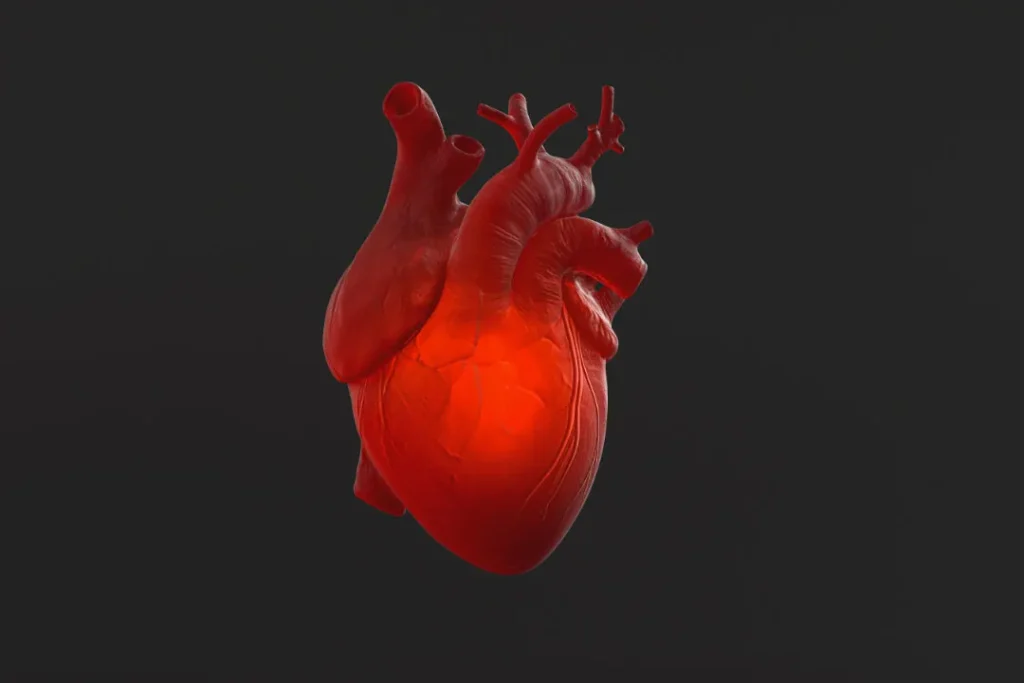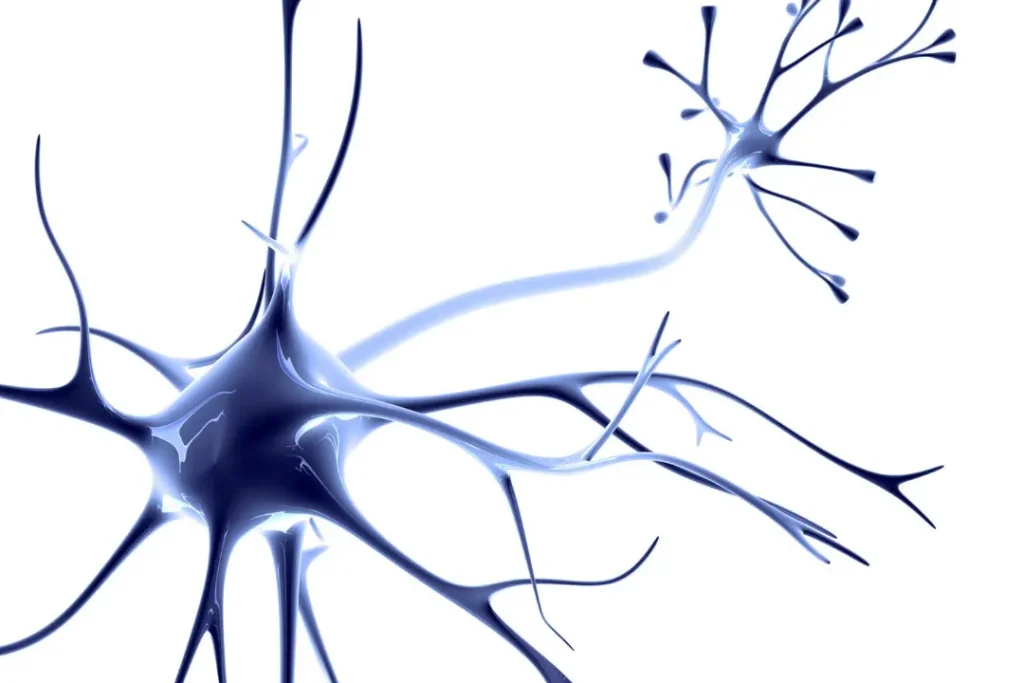The brain, heart, and muscles are just a few of the body’s cells that contain the amino acid taurine. It is frequently referred to as a “conditionally essential” amino acid, which means that while its dietary consumption is not always required, it does become so in certain circumstances. Taurine has drawn attention recently for its ability to improve cognition, especially in the areas of mental agility and cognitive ability. It is also a crucial amino acid in maintaining cardiovascular health. We will examine taurine’s nature, health advantages, recommended dosage, negative effects, possible drug interactions, and other pertinent details in this piece to help you use this nootropic supplement responsibly.
You May Also Like:
The Best Natural Nootropics: Improve Your Alertness, Focus, And Cognition
5 Great Ingredients to Boost Your Brain Power Without Nootropics Side Effects
Nature of Taurine:
A nitrogen-containing sulfonic acid known as taurine is also categorized as a beta-amino acid. It is widely distributed throughout the brain, heart, and musculature. The retina and skeletal muscle contain the highest concentration of taurine. Taurine serves as a free amino acid rather than being integrated into proteins like other amino acids. Human life is sustainable even without the consumption of taurine in our diet because our bodies can produce it from cysteine and methionine. However, taurine is conditionally important because there are some circumstances in which the body needs taurine more than it can produce and in such a situation, supplements provide a great way to obtain sufficient taurine in our daily diet.

Health Benefits of Taurine:
Numerous health advantages of taurine have been demonstrated, especially in the areas of cardiovascular health, exercise capacity, and cognitive function. Taurine has been demonstrated to improve insulin sensitivity, lower blood pressure, and lower the chance of heart disease in terms of cardiovascular health. Additionally, it possesses antioxidant qualities that can guard against oxidative stress and inflammation, both of which are linked to the emergence of numerous illnesses.
Taurine is regarded as having advantages for athletic efficiency. It has been demonstrated to increase athletic performance by lengthening duration and lessening exhaustion. Perhaps, these are done by improving the muscles’ capacity to contract and generate more energy. Aside from that, it has been demonstrated that taurine also has anti-inflammatory properties, which can lessen muscle soreness and damage.
Taurine has been demonstrated to improve mood, memory, and learning, as well as increase mental concentration and cognitive performance. It is thought that taurine’s capacity to modulate neurotransmitters, especially gamma-aminobutyric acid (GABA) and glutamate, is what causes these impacts. While glutamate is an excitatory neurotransmitter that is crucial for memory and learning, GABA is an inhibiting neurotransmitter that can help people unwind and feel less anxious.
Chemistry of Taurine:
Taurine is an amino acid that contains a sulfur group and serves as an antioxidant and a stimulant in the body rather than being used to build proteins. It is plentiful in the brain, heart, and muscles and is biosynthesized in the liver. Taurine’s molecular weight is 125.15 g/mol and its chemical formula is C2H7NO3S. It tastes mildly bitter and is water-soluble.

Physiological Mechanisms of Action of Taurine:
The cardiovascular system, skeletal muscles, and central nervous system are just a few of the systems in which taurine is involved. It has been demonstrated to modulate neurotransmitter systems, especially the GABAergic system, in the central nervous system. The GABA-A and GABA-B receptors, which control neural excitability and obstruct excessive neurotransmission are activated by taurine. The sedative and anxiolytic benefits of taurine may attribute to these activations.
Taurine has been linked to its antioxidant, anti-inflammatory, and vasodilatory effects, which are believed to have an effect on the cardiovascular system. Taurine aid in the protection of cardiovascular diseases by reducing oxidative stress and blood vessel inflammation. By relaxing blood arteries and boosting blood flow, taurine can also assist in controlling blood pressure.
Taurine has been shown to play a part in skeletal muscle function during exercise. It has been demonstrated that taurine supplements increase stamina and lessen muscle damage during intense exercise. During the activity, taurine may also aid in boosting the availability of energy substrates like glucose and fatty acids.
Taurine has been demonstrated to have a number of neuroprotective benefits in the brain, which include the reduction of oxidative stress, inflammation, and excitotoxicity. Taurine may also improve synaptic plasticity and regulate neurotransmitter systems to improve cognitive performance. Its potential as a nootropic supplement may be influenced by these effects.
Overall, taurine is a multifunctional substance that influences a number of bodily processes to improve health and well-being. Its multifaceted methods of action include regulating neurotransmitter systems, controlling oxidative stress and inflammation, and improving energy metabolism. To completely comprehend taurine’s mechanisms of action and its potential advantages as a nootropic supplement, more investigation is required.

Optimal Dosage of Taurine:
Depending on the specific benefits that you are seeking, a different dosage of taurine is recommended. A dose of 500–2000 mg per day is usually advised for cardiovascular health as well as general health and wellness. There have been studies on daily doses of 1-6 grams for improving exercise efficiency. Doses of 500–2000 mg per day have been used for their cognitive advantages. It is crucial to remember that these dosages are based on research done on people and might not be suitable for kids or teenagers.
Side Effects of Taurine:
When taken in the recommended dosages, taurine is usually regarded as safe. High amounts (more than 3 grams per day) could, however, result in negative side effects like nausea, diarrhea, and headaches. High doses can occasionally result in an allergic response as well. If you are taking any medication, especially blood thinners, insulin, or lithium, it is essential to talk to your doctor before taking taurine to avoid potential interactions.
Potential Substance Interactions with Taurine:
Positive and unfavorable interactions between taurine and other substances are possible. For instance, taurine has been shown to improve cognitive effects when it interacts with caffeine and also potentially the anxiety and jitteriness that caffeine causes.
Taurine and alcohol, however, may also interact, enhancing the sedative effects of alcohol and reducing cognitive performance. Additionally, it might interact with other supplements used for exercise efficiencies like creatine and beta-alanine. According to various research, taurine may or may not have an impact on the effects of these supplements.

Best Responsible Use of Taurine:
It is important to be cautious and use taurine supplements carefully according to the appropriate dosage. Consult a healthcare professional before taking taurine to ascertain whether it is right for you and to go over the possible risks and benefits.
Start with a low dose of taurine if you opt to take it, and then gradually increase it as necessary. It’s crucial to adhere to suggested doses and avoid going overboard. Stop taking taurine immediately and speak with your doctor if you experience any side effects or negative responses.
Taurine:
Conclusion
If you are looking to maintain your cardiovascular health, taurine’s antioxidant qualities can lower the prevalence of heart disease. Taurine is also an excellent supplement for improving the transmission of electrical signals in nerve cells because it helps to support nerve growth. This can lead to better brain health and slower cognitive decline.
However, it is advised that you seek consultations from your healthcare providers to understand the appropriate way to include taurine supplements into your daily diet as potential side effects are likely to happen when taken with the wrong combination. You should also source taurine only from trustable and reputable sources to ensure that the supplements are of the highest quality.

References:
- “Taurine: A Biologically Active Amino Acid” and then link: https://www.ncbi.nlm.nih.gov/pmc/articles/PMC3501277/
- “The Role of Taurine in Exercise Performance and Cognitive Function” and then link: https://www.frontiersin.org/articles/10.3389/fphys.2019.01551/full
- “Taurine: Health Benefits, Uses, Side Effects, Dosage & Interactions” and then link: https://www.webmd.com/vitamins/ai/ingredientmono-1024/taurine
- “Taurine in Health and Diseases: Consistent Evidence from Experimental and Clinical Studies” and then link: https://www.jnutbio.com/article/S0955-2863(18)30197-6/fulltext
Important Note: The information contained in this article is for general informational purposes only, and should not be construed as health or medical advice, nor is it intended to diagnose, prevent, treat, or cure any disease or health condition. Before embarking on any diet, fitness regimen, or program of nutritional supplementation, it is advisable to consult your healthcare professional in order to determine its safety and probable efficacy in terms of your individual state of health.
Regarding Nutritional Supplements Or Other Non-Prescription Health Products: If any nutritional supplements or other non-prescription health products are mentioned in the foregoing article, any claims or statements made about them have not been evaluated by the U.S. Food and Drug Administration, and such nutritional supplements or other health products are not intended to diagnose, treat, cure, or prevent any disease.


